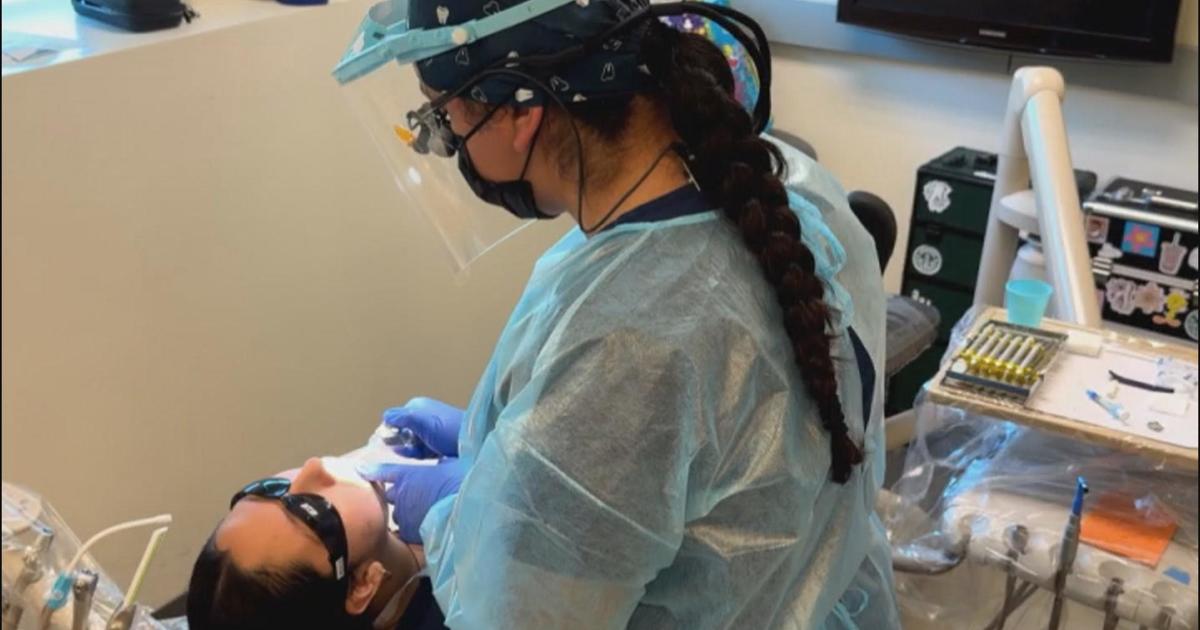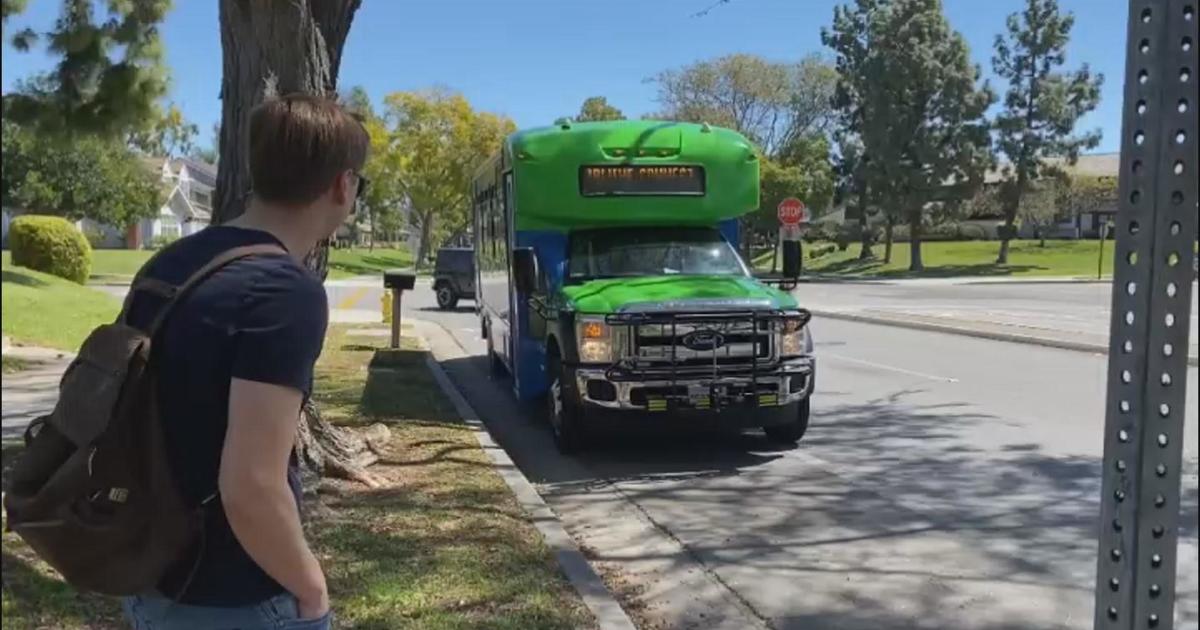Washington Vote Could Bring West Coast Closer To Full Earthquake Warning System
PASADENA (CBSLA.com) — A critical vote is scheduled for Tuesday in Washington, D.C., that could provide federal funding for an earthquake early warning system on the West Coast.
Rep. Adam Schiff, D-Burbank, has pushed to secure $5 million from the federal government for a system that could give people a few seconds to a minute's notice depending on their distance from the epicenter.
"We're behind the curve and that's dangerous, particularly when we're at risk of the big one," Schiff said. "That's time for people to shut down a train they're operating. It's time to stop surgery if they're in the middle of surgery. That can save lives and it can save millions or billions in infrastructure costs as well."
A privately funded, limited-warning system developed by the California Institute of Technology, other west coast universities and the U.S. Geological Survey has been deployed, alerting seismologists to recent earthquakes.
Four hundred sensors are in place in Southern California.
But Hall Daily, Director of Government Relations at Caltech, says additional federal funding would allow seismologists to hire new staff, to begin purchasing and installing additional sensors up and down the West Coast and make other advancements.
"It signals to not just to the people of California but to the state of California government that the federal government is actually committed to this," Daily said. "It's really critical to the California economy as well as to the well-being of its citizens here."
California, Oregon and Washington account for 71 percent of the nation's earthquakes. The full warning system would tell residents not only that one is coming but how strong it will be.
"Cellphone, television, radio. Those are all the techniques that are currently used in Japan and Mexico, where they do have an early earthquake warning system," Daily said.
Before a 7.2 quake hit southern Mexico in April, a system gave an alert up to a minute prior, depending on where people were from the epicenter. The early warning was enough to allow some citizens time to evacuate buildings.
"If that starts at the Salton Sea as a lot of people surmise that it will and moves toward essentially Tehachapi or Los Angeles, we could have 55 to 65 seconds of warning," Daily said.
While supporters say it will take an additional $16 million a year to keep the program operational, leaders say state, local and the private sector will have to step in.
"It's my hope that once the system proves its worthiness that attracting further resources won't be difficult," Schiff said.
Schiff added if Tuesday's vote gets the green light, which he suspects that it will, it could still take a couple of years to get the system up and running.



